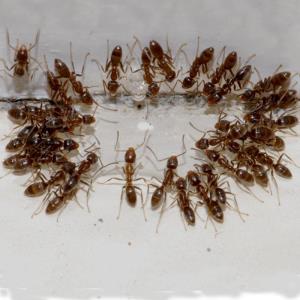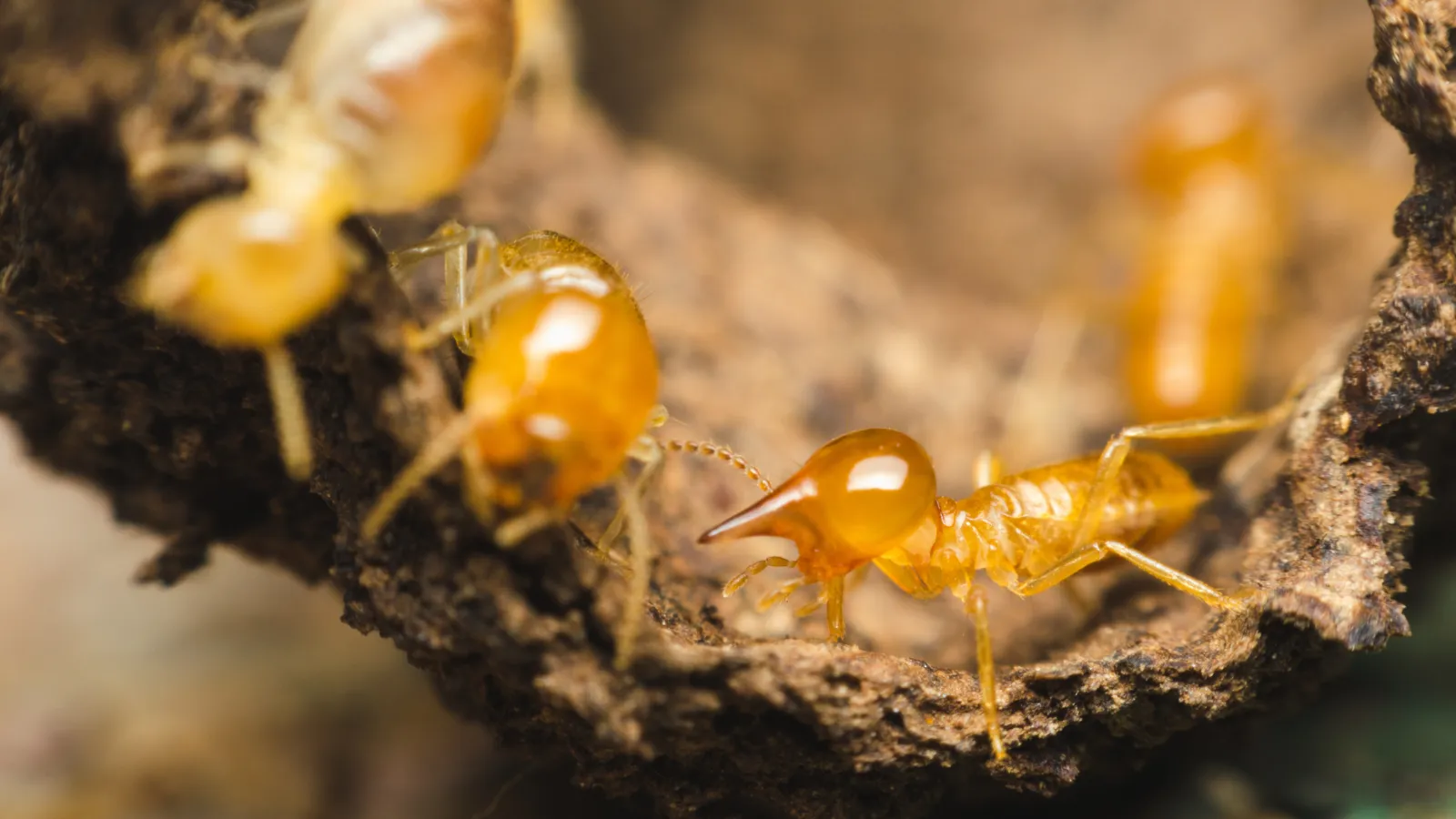Specialist Ant Control Services: Personalized Therapies for Long-term Outcomes
Specialist Ant Control Services: Personalized Therapies for Long-term Outcomes
Blog Article
Ecological Effect of Parasite Control: Harmonizing Effectiveness With Sustainability
The environmental effect of bug control is a critical issue that calls for a delicate equilibrium between achieving performance in handling bugs and making sure sustainability of our ecosystems. From the use of hazardous chemicals that seep right into our soil and water to the unintentional consequences on non-target types, the effects of conventional insect control practices are far-reaching.
Dangerous Chemicals in Pest Control
The utilization of harmful chemicals in bug control postures considerable environmental and health risks that warrant cautious factor to consider and mitigation strategies. Pesticides, chemicals, and herbicides are typically utilized to eliminate parasites, but their extensive application can cause unplanned repercussions. These chemicals can infect dirt, water sources, and the air, influencing not only the targeted insects but additionally advantageous insects, wild animals, and people.

To attend to these dangers, integrated pest management (IPM) strategies are being advertised as a more sustainable choice. IPM includes a mix of methods such as organic control, environment manipulation, and the targeted use pesticides as a last hope (ant control mathews nc). By adopting a holistic method to pest control, we can reduce the ecological and health and wellness effects connected with hazardous chemicals while effectively taking care of pest populaces
Influence On Non-Target Variety
Taking into consideration the unplanned effects of bug control techniques, the effect on non-target species is a vital element that calls for extensive examination. While bug control steps intend to target details insects, other microorganisms in the ecosystem may be unintentionally impacted. Non-target types, consisting of useful insects, birds, mammals, and even plants, can experience straight or indirect damage from chemical applications or biological control approaches.
Chemicals can have sub-lethal or dangerous results on non-target species. Pesticides created to fight a specific insect parasite might harm pollinators like bees or all-natural killers such as ladybugs. Additionally, chemical residues can gather in the atmosphere, affecting non-target organisms with time. Likewise, organic control agents, otherwise species-specific, can pose dangers to unintentional targets, interrupting the ecological balance.
To mitigate the influence on non-target varieties, integrated insect administration (IPM) methods that emphasize a holistic approach to pest control are recommended. These techniques prioritize using eco-friendly practices, lessening injury to advantageous microorganisms while efficiently handling pest populaces. Performing complete threat evaluations and keeping track of the outcomes of insect control initiatives are necessary steps in guarding non-target varieties and promoting overall ecological community wellness.
Soil and Water Contamination
Unintentional ecological repercussions of bug control techniques prolong beyond affecting non-target species, with substantial effects for soil and water contamination - ant control. Pesticides, herbicides, and chemical plant foods made use of in bug control can seep into the dirt and pollute groundwater, positioning a risk to both earthbound and marine communities.
Water contamination is an additional crucial issue linked with parasite control practices. To alleviate dirt and water contamination from bug control tasks, incorporated insect administration approaches that prioritize sustainability and minimize chemical inputs are vital.
Air Contamination From Pesticide Use
Exposure to air-borne pesticides during agricultural applications positions a considerable concern for air contamination control measures. When pesticides are sprayed onto crops, they can volatilize into the air and kind volatile natural substances (VOCs) and other airborne contaminants. These chemicals can add to the development of ground-level ozone, a major element of smog that can have destructive effects on human health, crop efficiency, and general air high quality. Additionally, chemical drift, where chemicals are brought by the wind to unplanned areas, can cause the contamination of close-by environments and water bodies.
Techniques for Sustainable Pest Control
In the realm of farming methods, carrying out sustainable insect control techniques is paramount for maintaining eco-friendly equilibrium and protecting plant yields. Sustainable bug control highlights using eco-friendly techniques to handle insect populaces efficiently while minimizing harm to non-target microorganisms and communities. Integrated Pest Management (IPM) is an extensively adopted approach that incorporates biological, cultural, physical, and chemical control approaches to accomplish long-term bug administration solutions.
One secret strategy in sustainable bug control is promoting biodiversity within agroecosystems. By improving all-natural enemies of pests, such as parasitoids and predators, farmers can lower the need for artificial chemicals. Plant turning and More about the author diversification are also reliable techniques to interfere with pest life process and create much less favorable conditions for insects to prosper. Furthermore, making use of pest-resistant crop ranges and using strategies like catch chopping can assist decrease pest pressure without depending greatly on chemical interventions. Ultimately, by integrating these sustainable parasite control techniques, farmers can achieve an equilibrium between pest management performance and ecological stewardship.
Conclusion
To conclude, the ecological impact of bug control methods have to be thoroughly taken into consideration to balance efficiency with sustainability. Damaging chemicals made use of in pest control can bring about dirt and water contamination, air contamination, and damage non-target types - ant control. It is critical to carry out sustainable pest control techniques to minimize these unfavorable impacts on the setting and promote a much healthier ecosystem for future generations
By adopting an all natural approach to pest control, we can decrease the ecological and health impacts connected with harmful chemicals while efficiently handling pest populaces.

To minimize the air contamination triggered by chemical usage, it is vital to take on incorporated bug management techniques that prioritize the use of non-chemical pest control techniques, such as crop turning, natural killers, and immune plant selections. Lasting insect control highlights the usage of ecologically friendly techniques to take care of parasite populaces effectively while decreasing damage to non-target microorganisms and ecological communities. Integrated Insect Management (IPM) is an extensively embraced strategy that incorporates organic, social, physical, and chemical control techniques to accomplish lasting insect management options.
Report this page